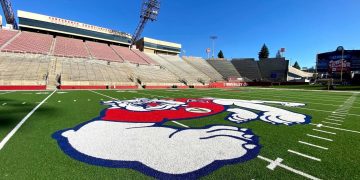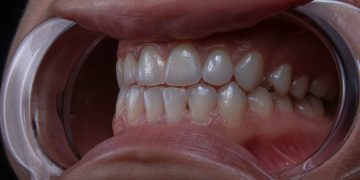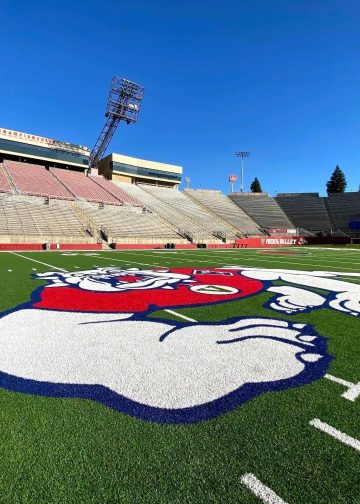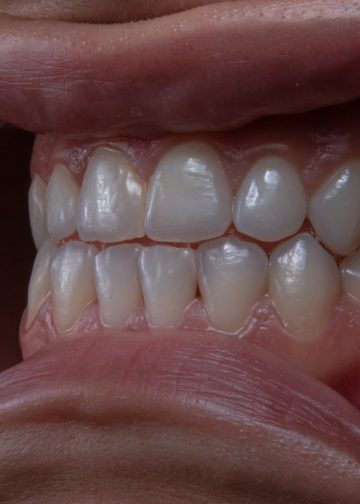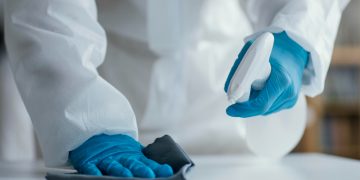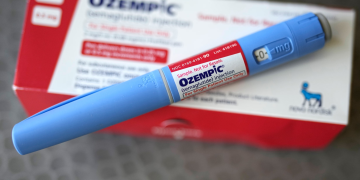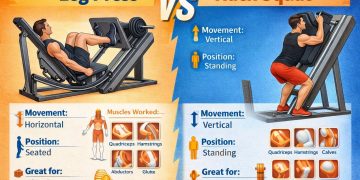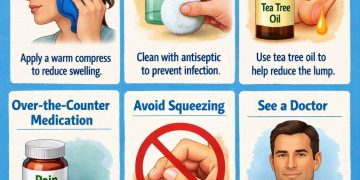Key Takeaways
- After an endoscopy, your digestive system may be sensitive, so diet plays an important role in recovery.
- Avoid spicy, acidic, fried, and crunchy foods that can irritate your throat or stomach lining.
- Skip alcohol, caffeine, carbonated drinks, and extreme hot or cold beverages to reduce discomfort and risk of bleeding.
- Biopsy patients should be extra cautious, avoiding foods that slow healing or increase bleeding risks.
- Contact your doctor immediately if you experience severe pain, heavy bleeding, fever, or difficulty swallowing.
If you’ve just gone through an endoscopy, you might be curious about what’s safe to eat and what you should steer clear of. After the procedure, your digestive system can be a bit more sensitive, which means some foods might not sit well with you. Let’s take a look at the foods you should skip after an endoscopy.
Why Diet Matters After An Endoscopy?
An endoscopy is generally a quick and safe procedure, but it can leave your digestive tract feeling a bit more sensitive for a while. During the test, a flexible tube with a camera is inserted through your throat and into your digestive system. While this isn’t harmful, it might cause some mild irritation in your throat, esophagus, or stomach lining. That’s why paying attention to your diet right after is really important.
Certain foods and drinks can irritate the area, leading to discomfort like bloating, nausea, or throat pain. Spicy, acidic, or hard-to-digest foods can slow down healing and cause extra irritation. Plus, if a biopsy was done during the procedure, it’s crucial to steer clear of foods that could increase the risk of bleeding or inflammation.
Foods To Avoid Right After Endoscopy
After having an endoscopy, your digestive system could use a bit of TLC. The procedure might leave your throat feeling a bit sore and your stomach lining a little sensitive, which means some foods could lead to irritation or discomfort. To help you recover smoothly, it’s a good idea to avoid the following food groups:
Spicy and Heavily Seasoned Foods
Chili peppers, hot sauces, and dishes packed with strong spices can irritate your throat and stomach lining, leading to burning sensations or discomfort.
Fried and Greasy Foods
Think twice about indulging in French fries, fried chicken, and oily snacks, as they can be tough on your digestion and may cause bloating or nausea right after the procedure
Acidic Foods
Citrus fruits like oranges, lemons, and tomatoes can trigger acid reflux and make irritation in the esophagus worse.
Dairy Products
For some folks, milk, cheese, and creamy sauces can lead to bloating, especially when your digestion is still settling down.
Solid or Crunchy Foods
Nuts, popcorn, and raw veggies are a bit too rough on your throat or stomach right after an endoscopy.
Some Beverages You Should Skip After Endoscopy
Alcohol
Alcohol, including wine, beer, and spirits, can really irritate your digestive system and heighten the risk of bleeding, especially if you've had a biopsy. Plus, alcohol tends to dehydrate you, which can make recovery a bit tougher.
Carbonated Drinks
While sodas and sparkling water might seem innocent, those bubbles can lead to bloating, gas, and discomfort. Your stomach lining is pretty sensitive after a procedure, so it’s wise to steer clear of fizzy drinks.
Coffee And Strong Tea
Caffeine ramps up acid production in your stomach, which can aggravate irritation and trigger reflux. It’s best to avoid strong tea, energy drinks, or coffee until your digestive system is back to normal.
Very Hot Or Icy Drinks
Drinks that are extremely hot or cold can make throat soreness worse and create discomfort in your esophagus.
Instead, try to stick with plain water at room temperature, gentle herbal teas, or clear broths. These options will help keep you hydrated and support a smoother, quicker recovery.
Are There Any Special Precautions For Biopsy Patients?
While the procedure is generally safe, the area where the sample was taken needs some time to heal, and what you eat can really impact your recovery.
The key thing to remember is to steer clear of foods and drinks that might heighten the risk of bleeding or irritation. Spicy meals, acidic fruits, and fried foods can irritate the biopsy site and lead to discomfort. It's also crucial to avoid alcohol, as it can thin your blood and slow down the healing process. Hard or crunchy foods, like nuts, chips, or raw veggies, can scratch or irritate the area, so it's wise to skip those for at least 24 hours.
Instead, focus on soft, bland, and easy-to-digest options like soups, mashed potatoes, oatmeal, or yogurt (if dairy doesn’t upset your stomach). Staying hydrated is just as important, but opt for plain water or mild herbal teas instead of caffeinated or fizzy drinks.
So, When To Call Your Doctor?
Most folks bounce back from an endoscopy without any major hiccups, but it’s crucial to know when to reach out for medical help. A little throat soreness, some mild bloating, or slight discomfort are pretty common and should fade away within a day. However, there are certain signs that could mean complications are brewing, and those need immediate attention.
If you find yourself dealing with severe or ongoing abdominal pain, don’t hesitate to contact your doctor, as this could point to irritation or, in rare instances, an injury to your digestive tract. Heavy bleeding, like vomiting blood, having black stools, or seeing a lot of blood after a biopsy, is definitely a red flag.
Keep an eye out for other symptoms too, such as trouble swallowing, chest pain, dizziness, fever, or uncontrollable nausea and vomiting. These could signal an infection, perforation, or another serious issue that shouldn’t be brushed off.
Conclusion
Recovering from an endoscopy typically goes pretty smoothly, but what you choose to eat and drink can really influence how quickly you bounce back. It's a good idea to steer clear of irritating foods, stick to soft and mild meals, and follow your doctor's recommendations to keep your digestive system safe while it heals.





